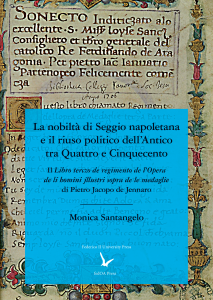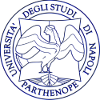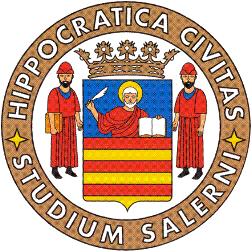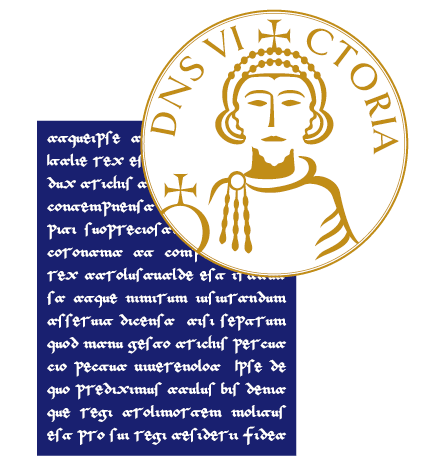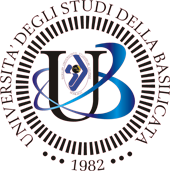The Neapolitan Seggio Nobility and the Reception of Classical Antiquity between the Fifteenth and Sixteenth Centuries: The "Libro terczo de regimento de l’Opera de li hominj illustri sopra de le medaglie" of Pietro Jacopo de Jennaro
Keywords:
Naples, Aristocracy, Political representations, Nobility, Aragonese MonarchsSynopsis
Publisher: FedOA - Federico II University Press.
Series: Regna. Texts and Studies on Institutions, Culture and Memory in Medieval Southern Italy.
Pages: 647.
Language: Italian.
NBN: http://nbn.depositolegale.it/urn:nbn:it:unina-24491
Abstract: The specific attention paid to the Florentine «civic humanism» and the success of “republican” paradigm achieved by the Anglo-American historiography are responsible, in various forms, for limiting differently historical interests in the princely and monarchical contexts of the late Middle Ages Italian peninsula. This tendency, joined with the serious documentary loss of the Naples State Archive, put so far the Seggi élites of many Southern mainland cities away on the margins of historical international debate.
During the 15th century the reception of the Antiquity transformed the legitimacy languages and the power practices both of the princes and of the whole peninsula urban élites. Which auctores did they inspire to? Which is the relationship between the classicism and the institutional reform proposals?
This book tries to answer to these questions, focusing on the Naples context, not deeply investigated, through the study and the critical edition of Pietro Jacopo de Jennaro’s Libro terczo de regimento de l’Opera de le medaglie. It is a book wrote between 1500 and 1504, as free comment in form of medaglie to Livy’s Ab urbe condita libri, in order to legitimize the political prominence of Seggi antiqui lineages and to propose a new mixed government. By studying this work it is possible to identify the debates developed during the Aragonese kingdom fall, concerning the relationships between representation and obedience, consensus and legitimacy, and to offer new ways to rethink the humanistic political classicism and the establishments of oligarchical urban governments between the 15th and 16th centuries.
Downloads
